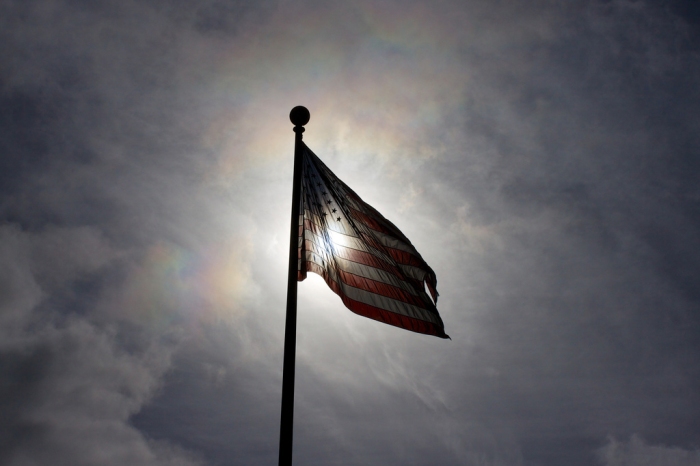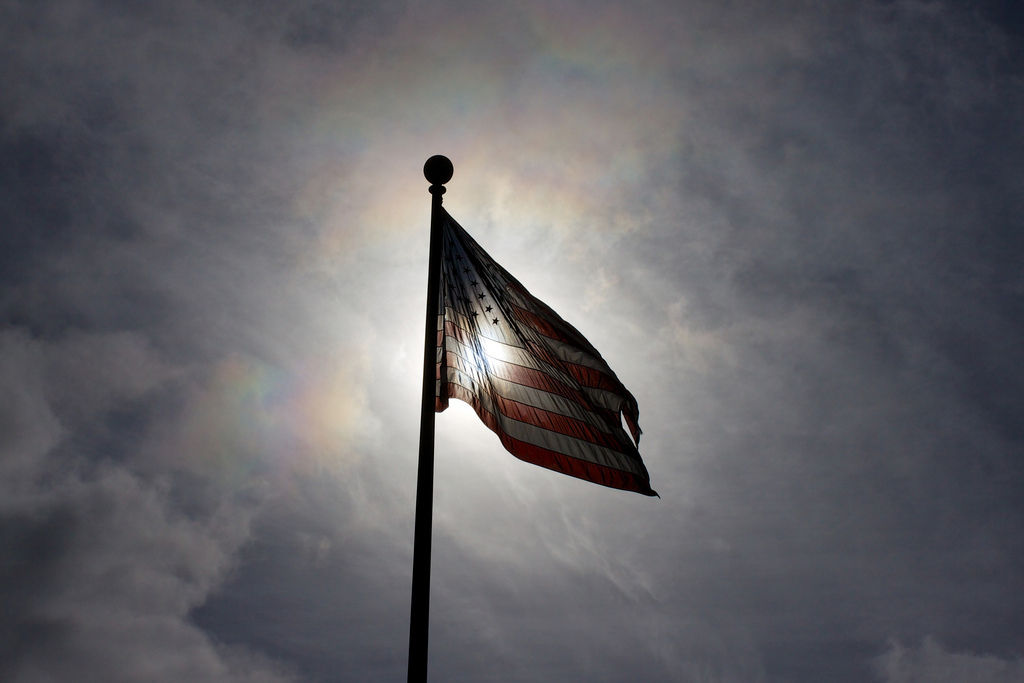
By now you may have watched Coca-Cola’s Super Bowl commercial, a 60 second ad of girls of multiple ethnicities singing “America the Beautiful” in their native tongues. If so, you may also know that many people have tweeted negative comments about the advertisement, accusing it of being unpatriotic and disrespectful, demanding that the song be sung only in English. Some even had the audacity to publicize that they had thrown away the can of Coke they had been drinking, a symbolic gesture of protest.
Debates over this commercial are fundamentally about one’s view of America and who qualifies as “American.” For example, this is an example of a potential conversation involving a white male and a second generation American:
“Where are you from? Your English is perfect.”
“San Diego. We speak English there.”
“No. Where are you FROM?”
“Well, I was born in Orange County, but I never actually lived there.”
“I mean, before that.”
“Before I was born?”
“Uh, well, where are your people from.”
“Well, my great-grandma was from Seoul.”
As if one could not be American if one failed to meet cultural standards or norms, and as if one’s family history can exclusively define who one is.
I took this conversation from a YouTube video called “Where are you From?” It pokes fun at the questions first or second generation Americans sometimes receive. It goes on with the second generation American asking where the white male’s “people are from” then makes comments like, “I think your people’s fish and chips are really good.” Yes, the video creators made it to satirize the desire of some Americans to judge others based on their backgrounds, but like any good satire, it grounds its humor in truth.
The predominant view is that in order to be a true American, there is a certain way you have to look, a certain way you have to talk, a certain way you have to be. And the girls in the Coca-Cola advertisement do not cut it. Do not sing “America the Beautiful” in your language. It’s foreign. It’s not American.
But America was founded as a haven for the religious oddballs in England. It was created on the basis of individual freedom and liberty. America prides itself on these virtues, but is that individual freedom and liberty provided only for some? Can some live out their culture while others have to repress and conform?
Coca-Cola released interview videos with each of the girls who sang parts of “America the Beautiful” for the commercial. It seems as though they had a better understanding of how America was truly beautiful than many others who tweeted and commented negatively. Sushmitha, who sings Hindi, said, “The message that we’re sending through this video is so beautiful, that we are all the same. We just have different backgrounds and that’s OK.”
According to widely reported projections from the U.S. Census Bureau, minorities will make up the majority of America by 2050, at the latest. In a few decades, the typical “American” will cease to be Caucasian, becoming a beautiful conglomeration of men and women of different ethnicities, cultures, and traditions. The negative tweeters and commentators represent a view that is not simply wrong and obsolete; they represent a view that in the coming decades will lose its only remotely factual basis. The Coke commercial is not ahead of its time or looking toward a better future. The advertisement is right on time, representing a country that is already diverse, American, and yes, beautiful.
